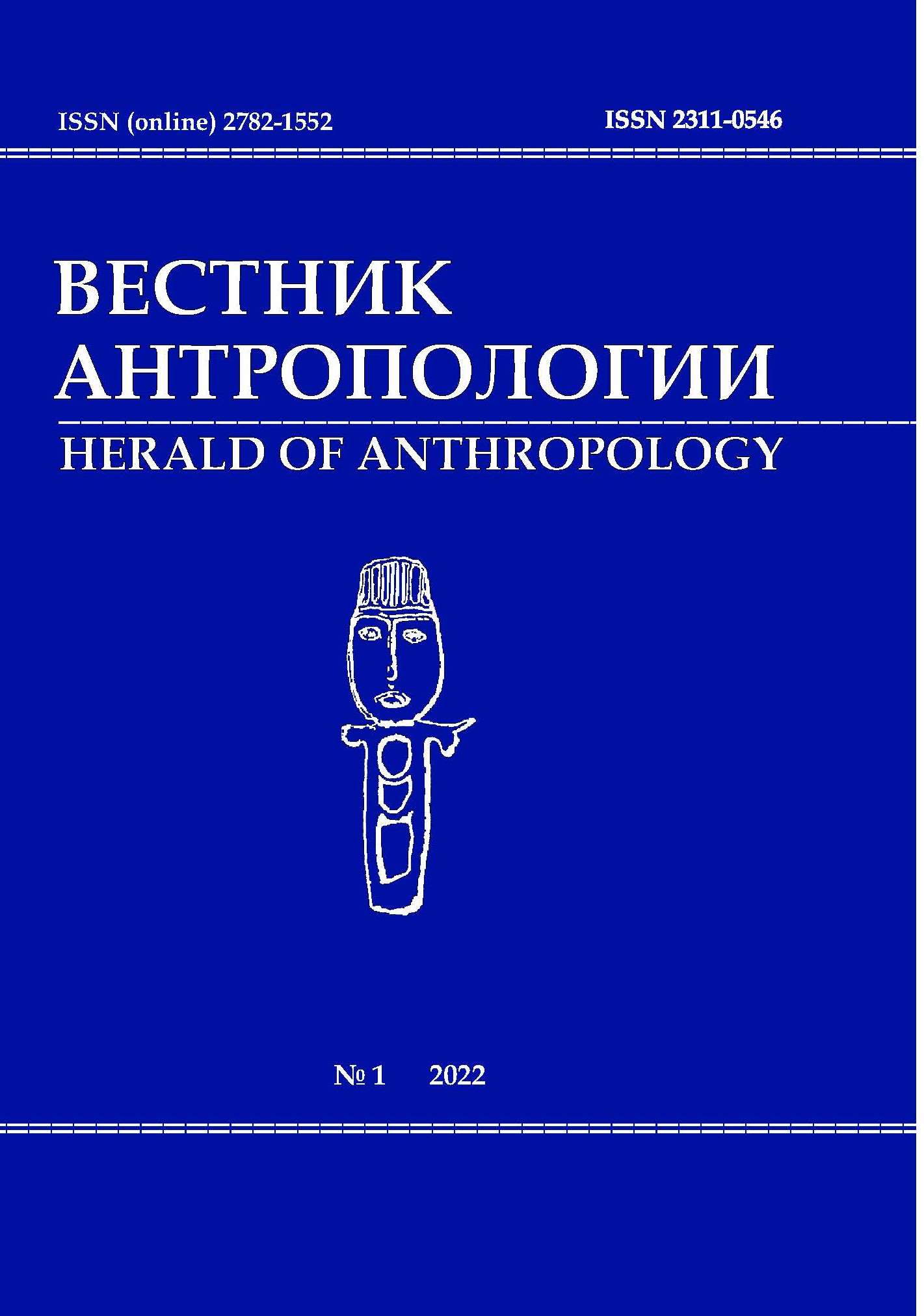Socio-Economic Well-Being of Moscovites and the Migration Situation in the Capital Region
Doi: 10.33876/2311-0546/2022-3/222-242
Keywords:
socio-economic situation; labor market, foreign labor migrants, migration relations, integration attitudes, conflict potential, MoscowAbstract
The article presents the results of a study of the socio-economic situation, migration relations, and the possible impact of migration on the socio-economic well-being of residents of Moscow. The study identifies the main social and economic problems of residents and their attitude to foreign labor migrants and assesses the conflict potential in the area of labor. According to the study results, one-third of the capital residents are in a difficult socio-economic situation. In recent years, there has been an increase in the level of anxiety of the population about the possible loss of work and sources of income. Although there is no fierce competition between the local population and migrants in the Moscow labor market, tension is possible in a number of labor spheres. The labor of foreign migrants, mostly low-skilled, is necessary for the capital, but it does not seriously impact the economy of the city and the country. Moscovites are insufficiently disposed to integrate all migrants working in the capital. First, they are ready to integrate those who have a good command of Russian and are ready to stay in Russia. Migration relations in the capital can be characterized as mostly neutral, but the conflict potential (active rejection of migrants by the local population) exists and amounts to 15%. The vast majority of Moscovites do not associate their socio-economic problems with migrants in the region.
For Citation: Kulbachevskaya, O.V. 2022. Socio-Economic Well-Being of Moscovites and the Migration Situation in the Capital Region. Herald of Anthropology (Vestnik Antropologii) 1: 222-242





















